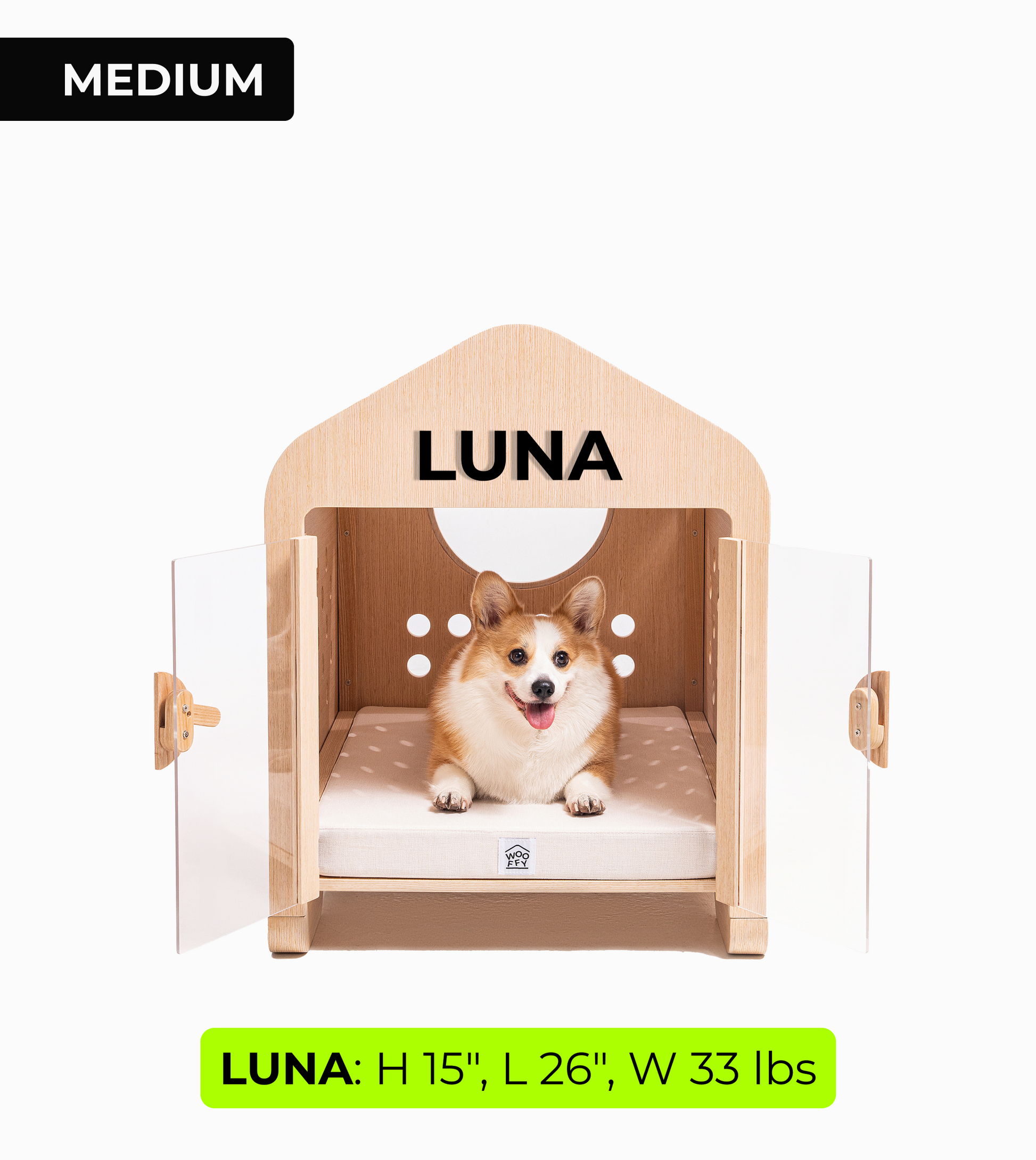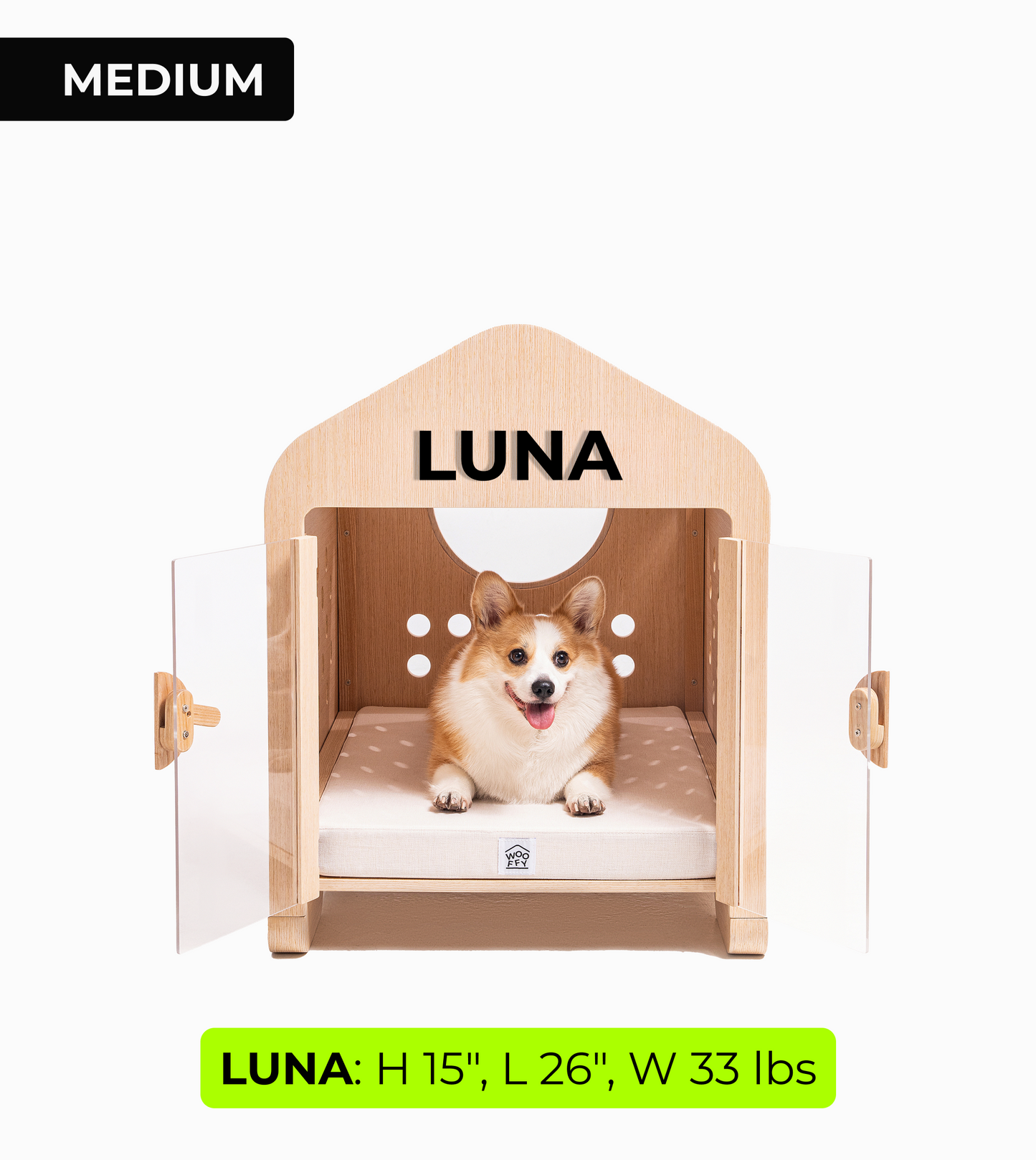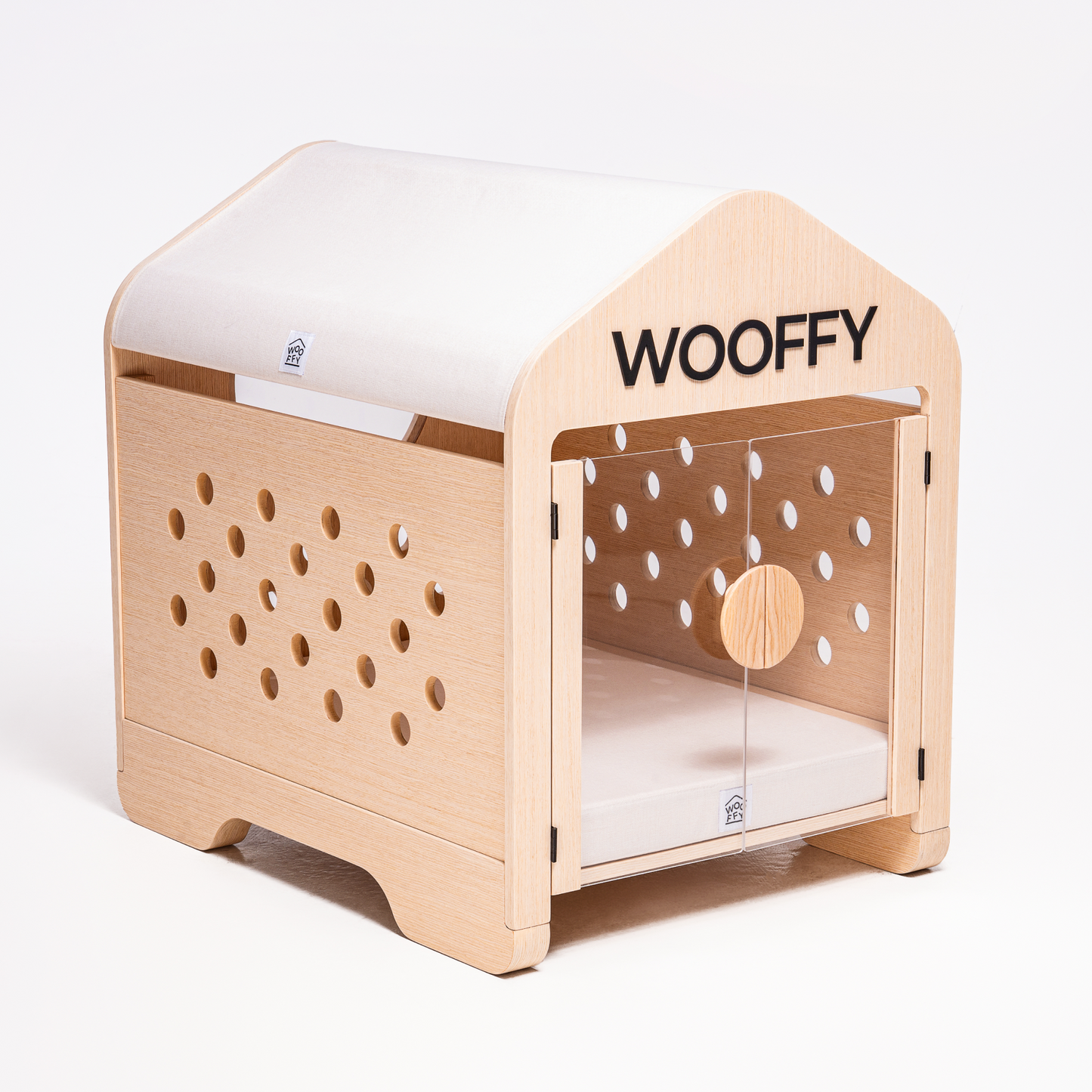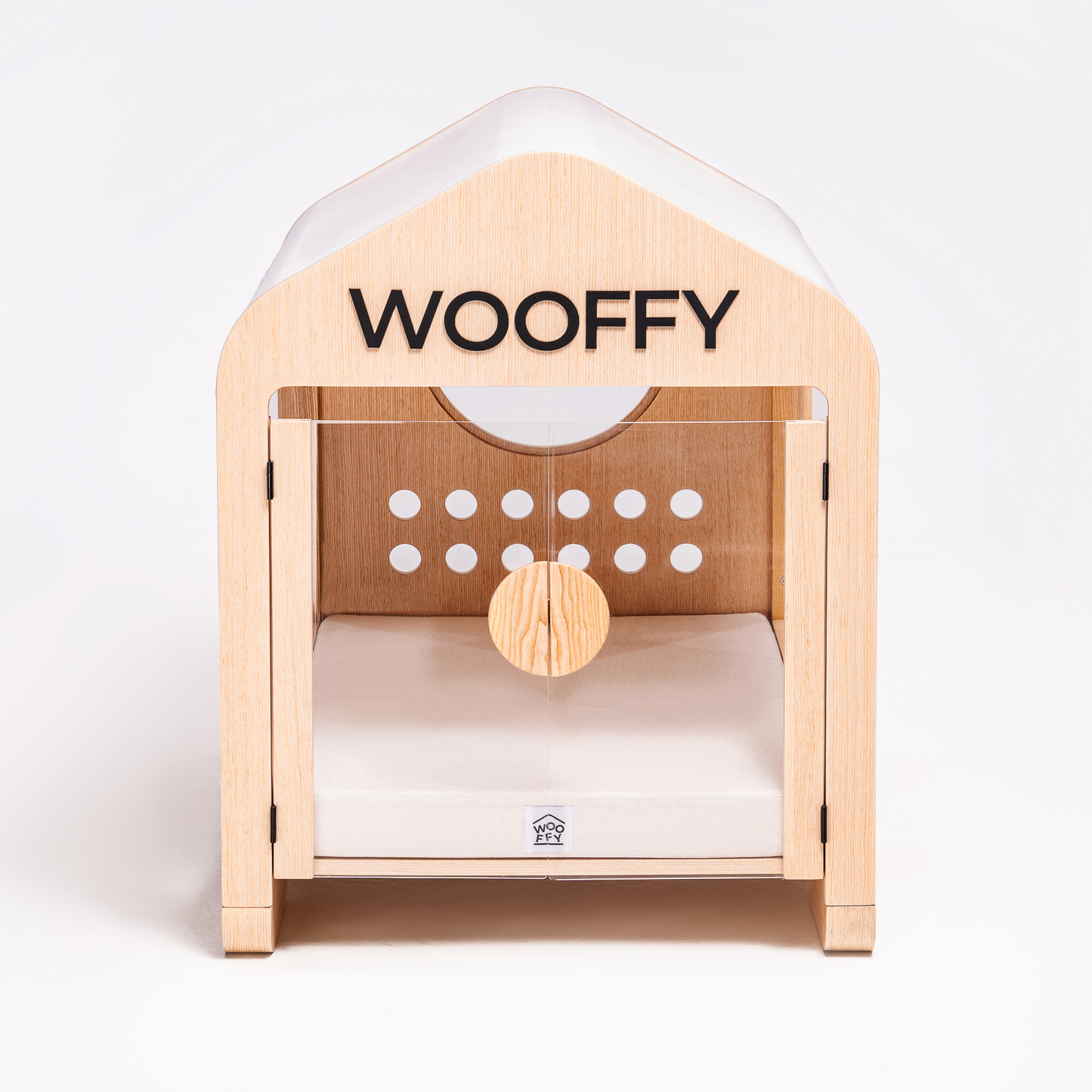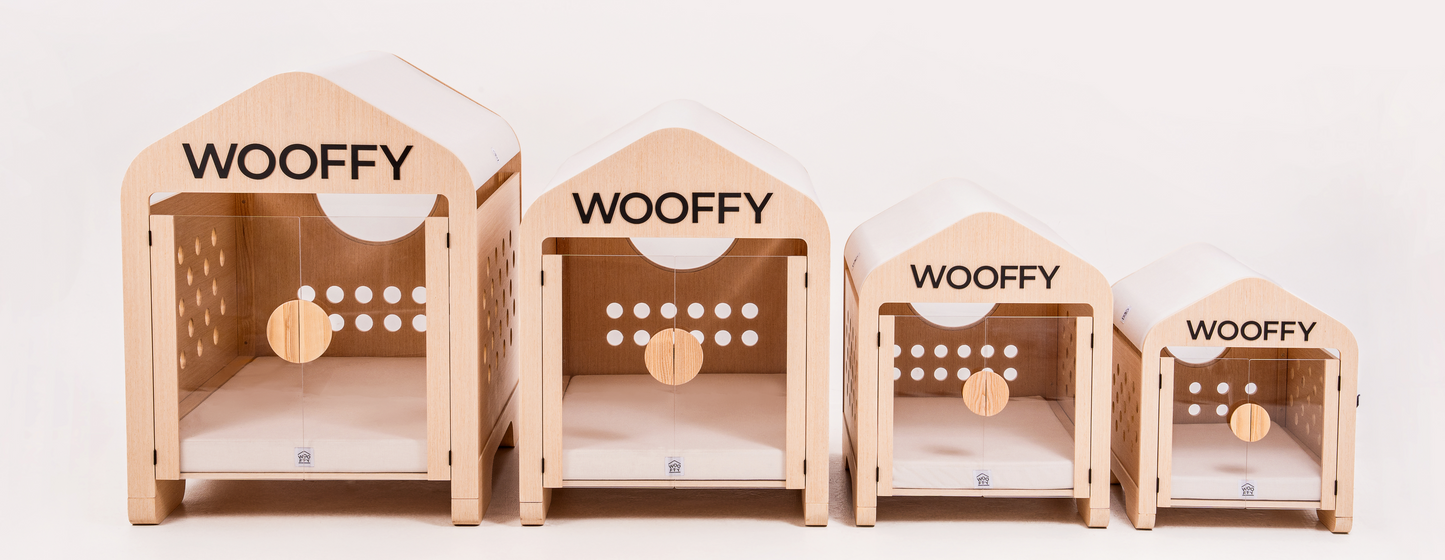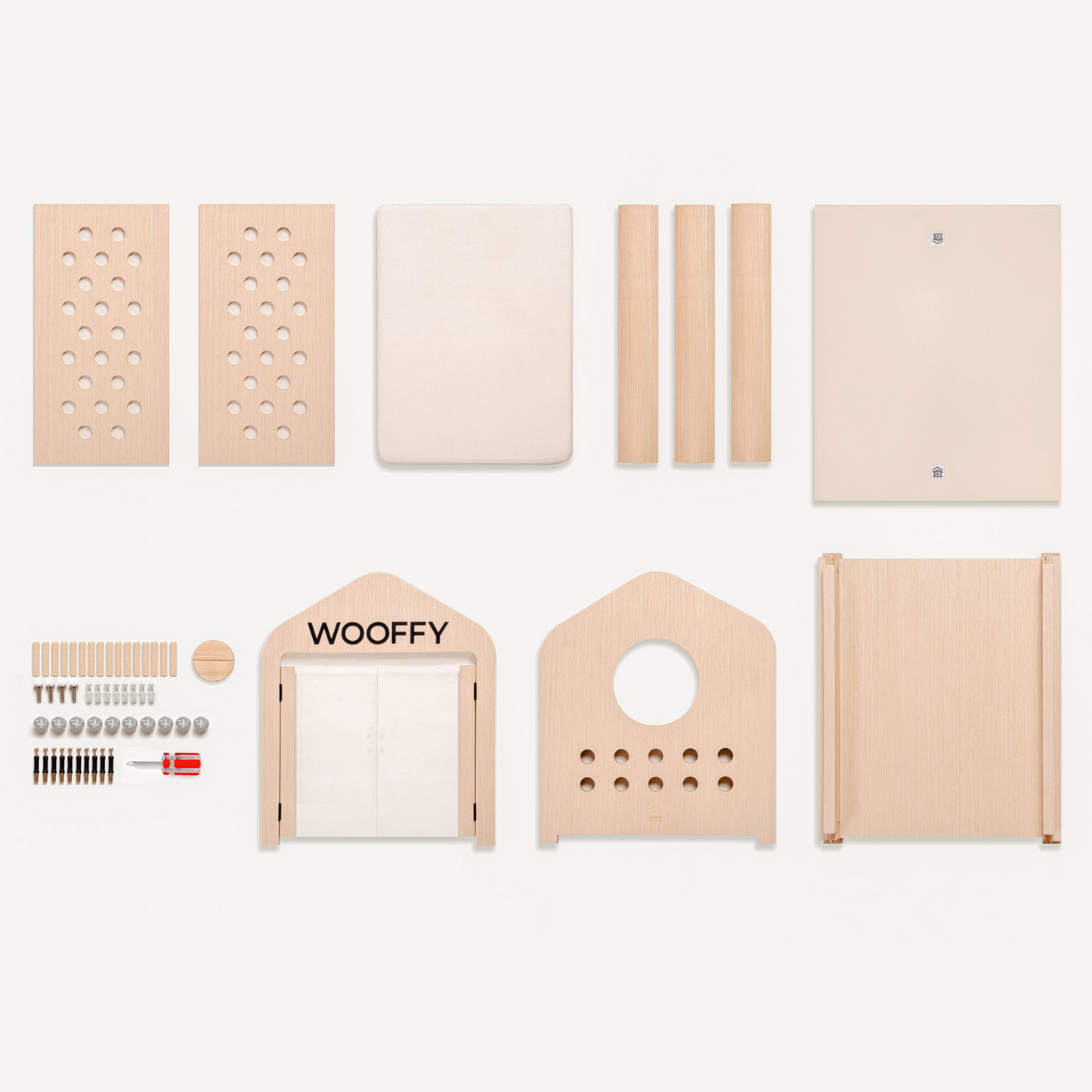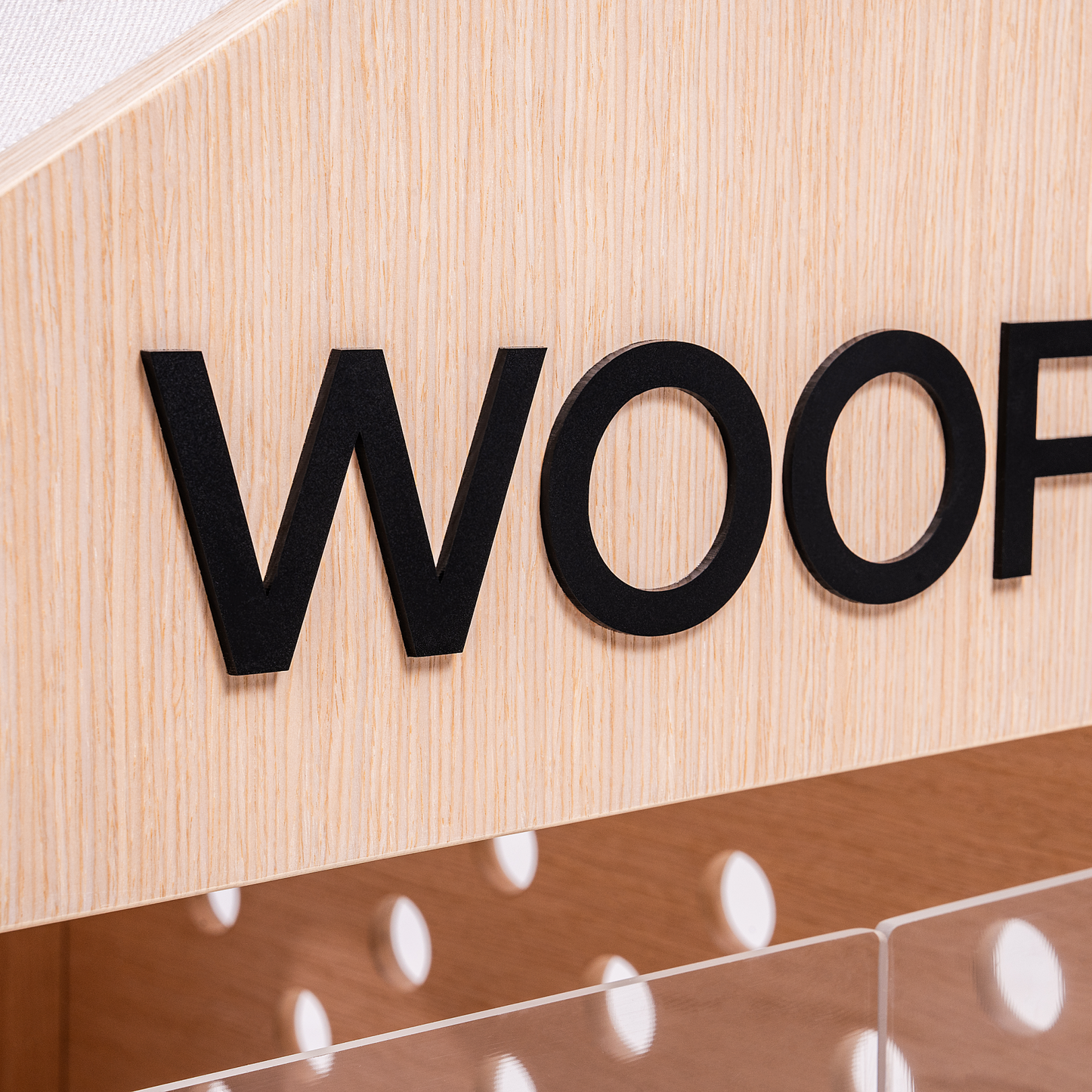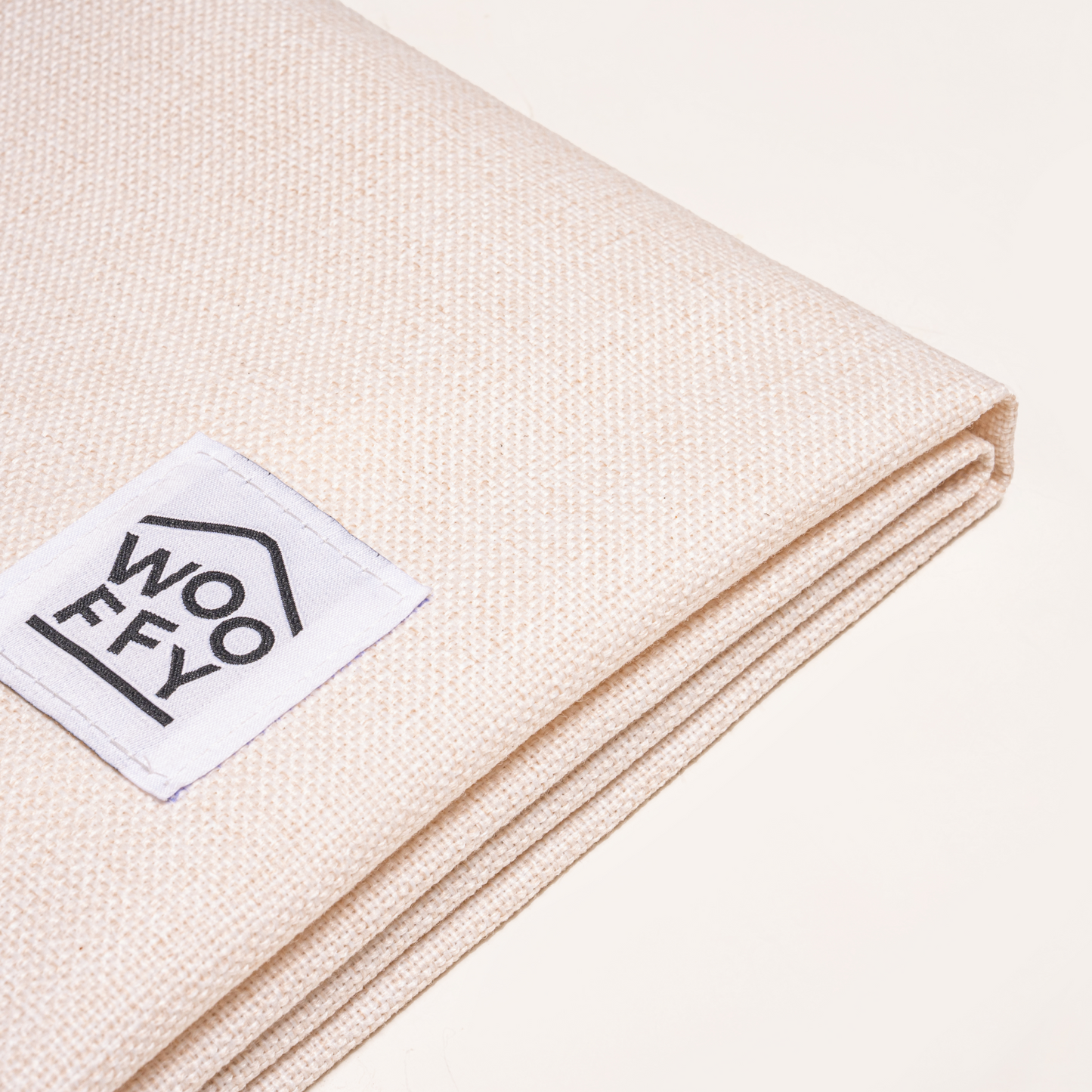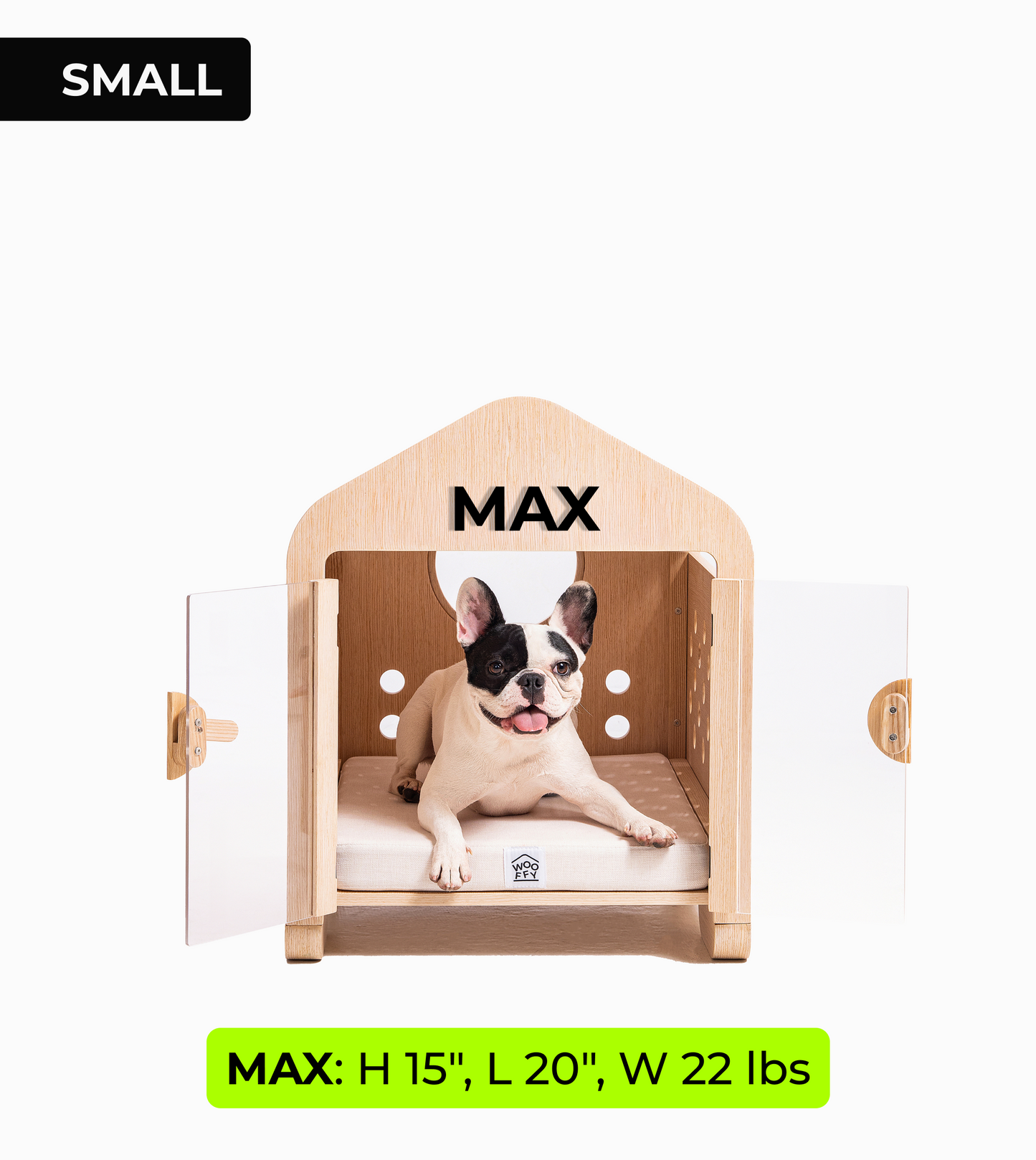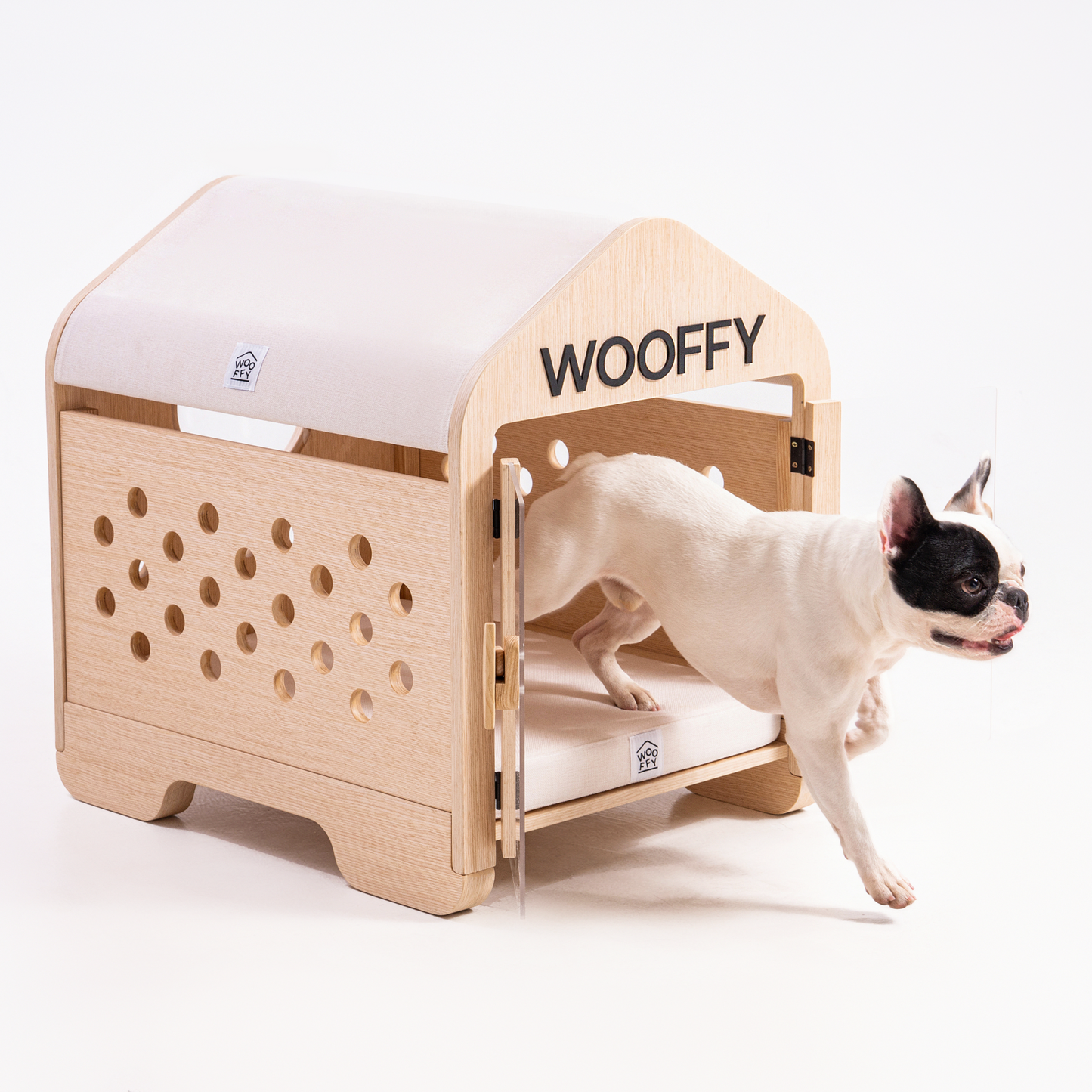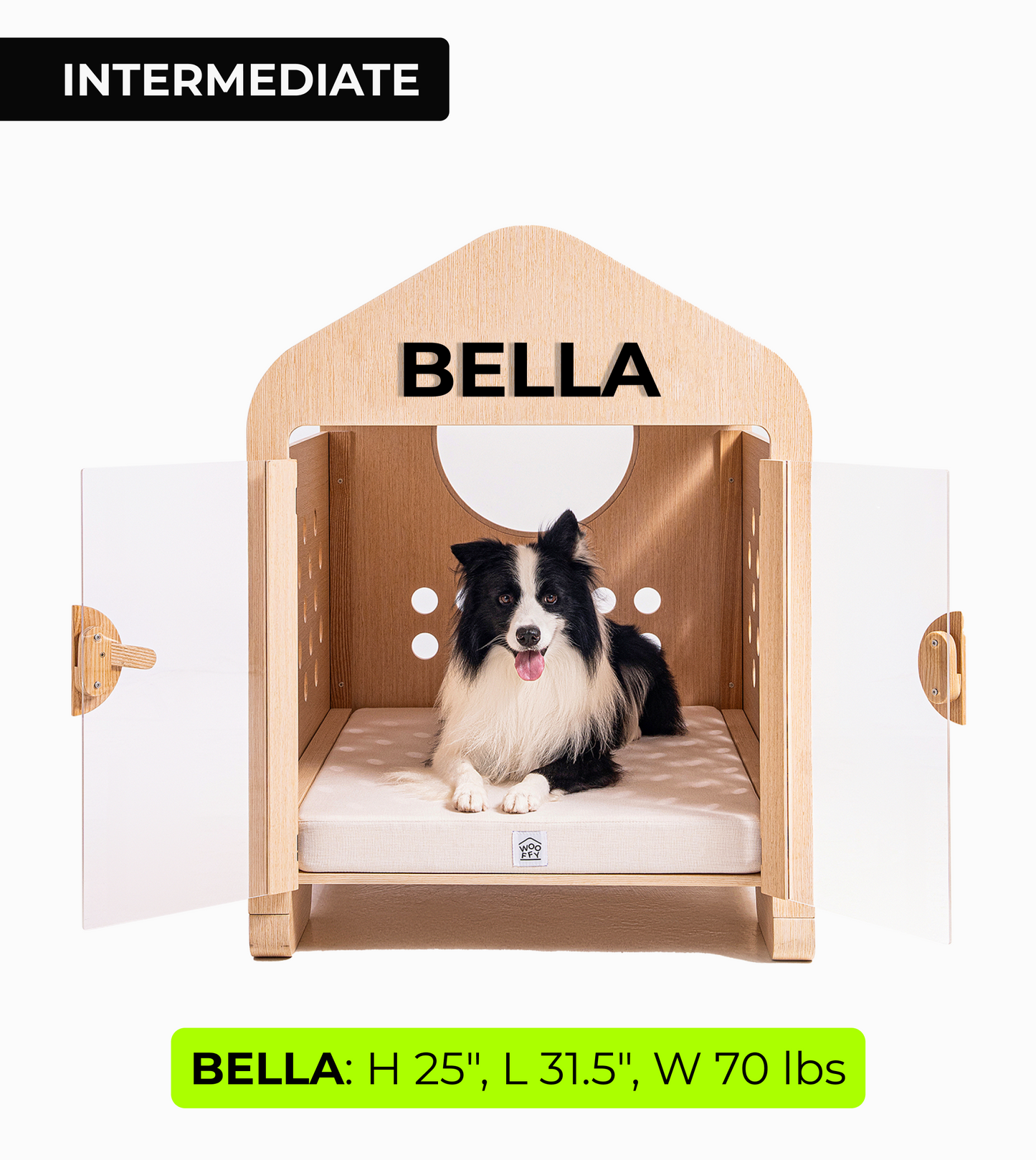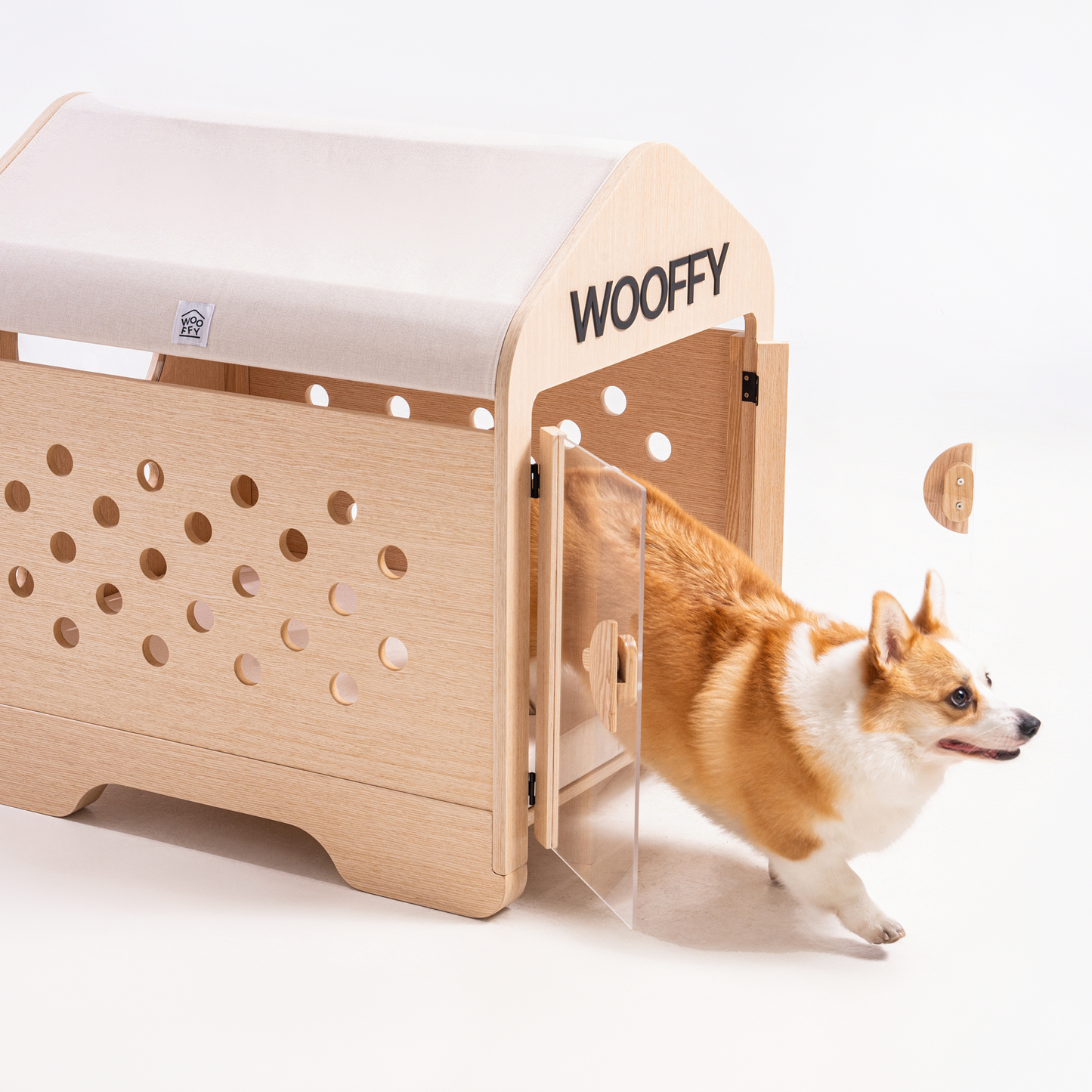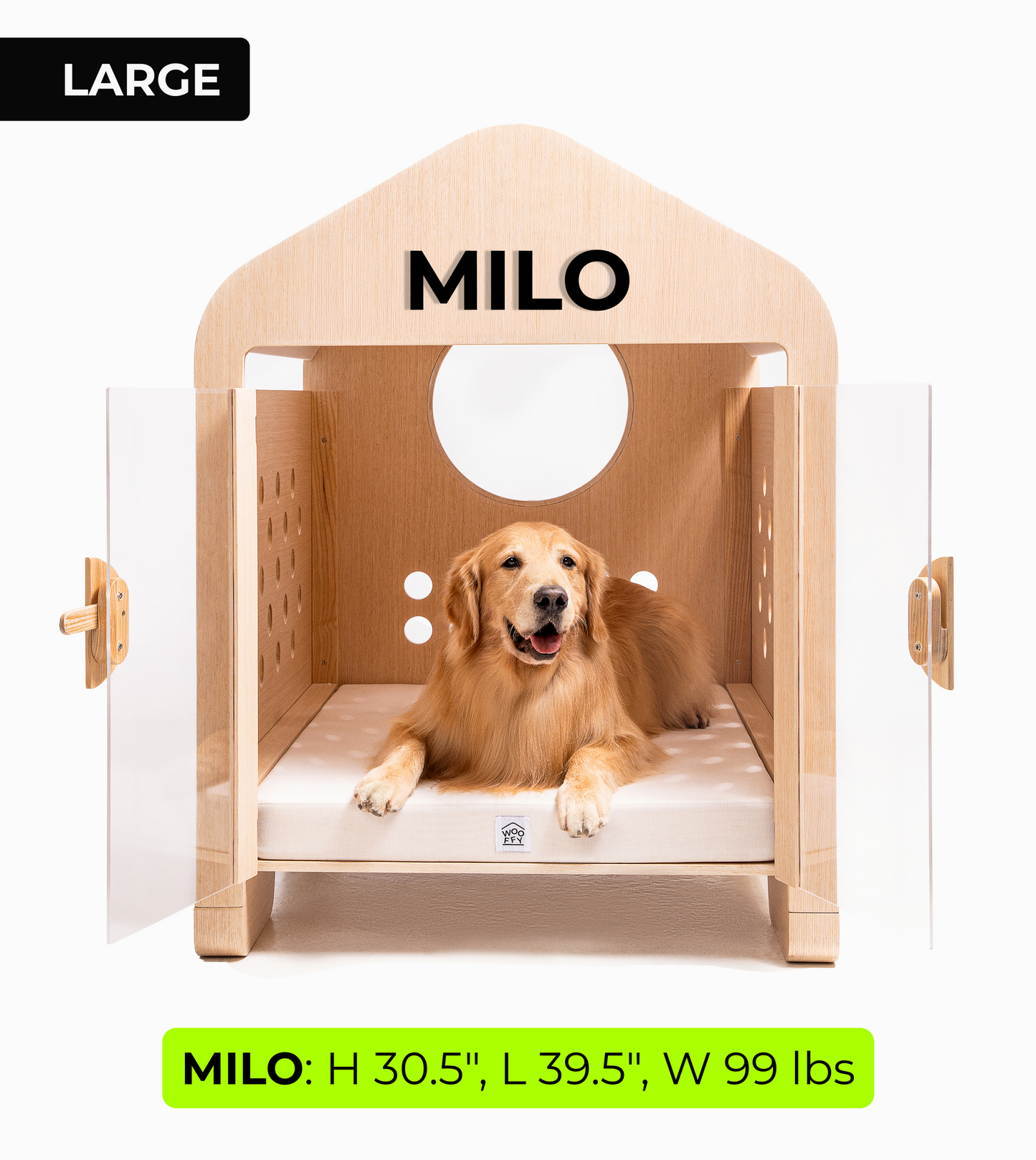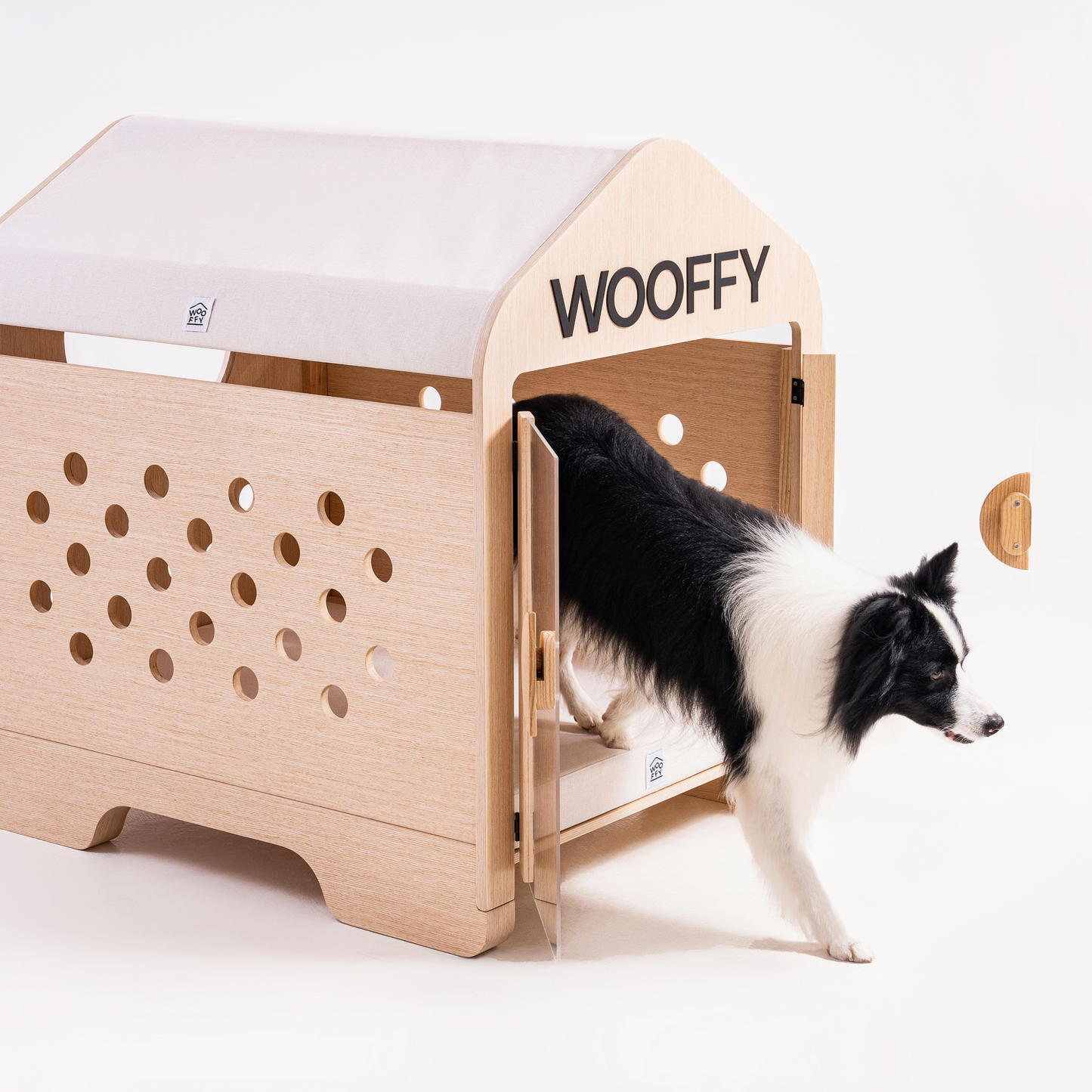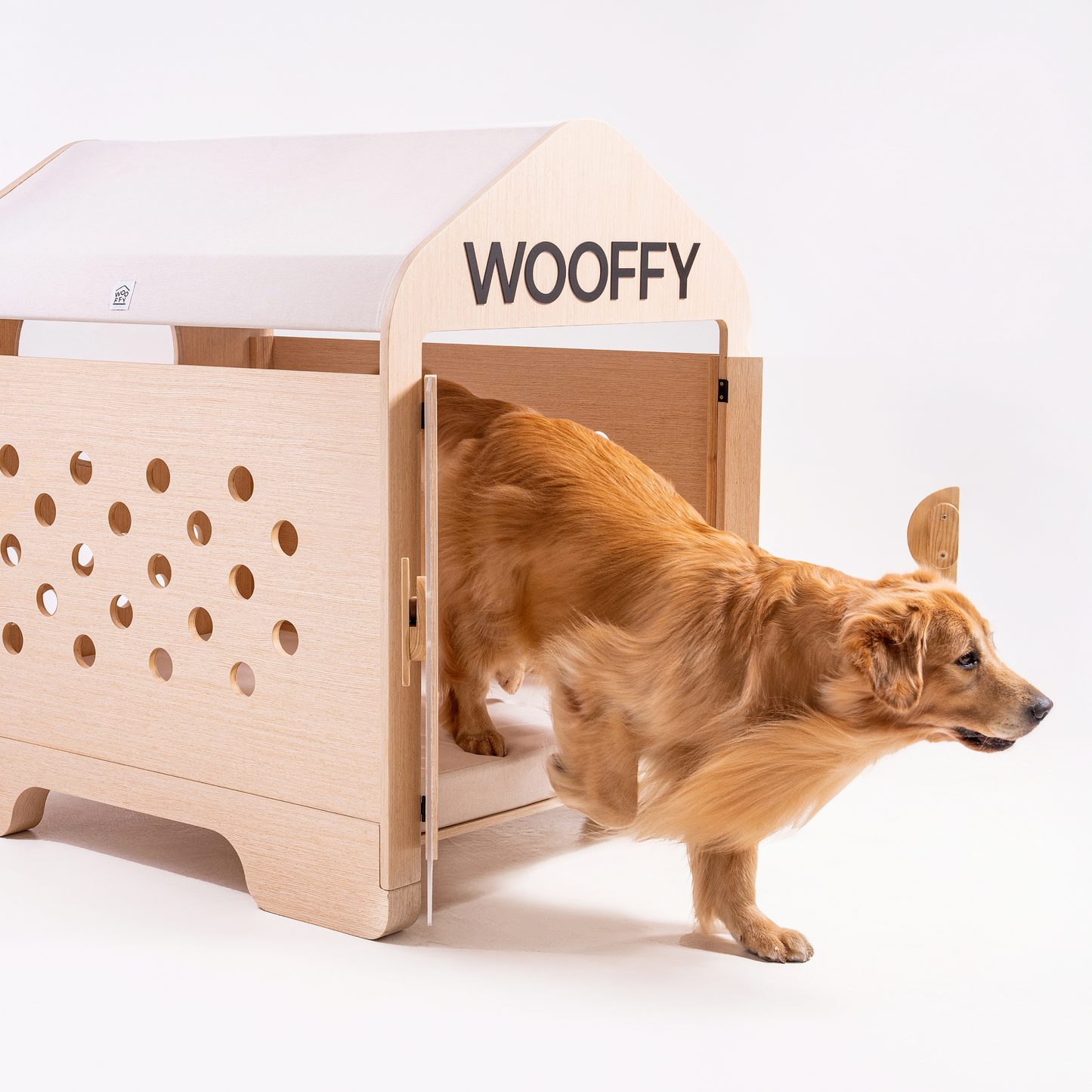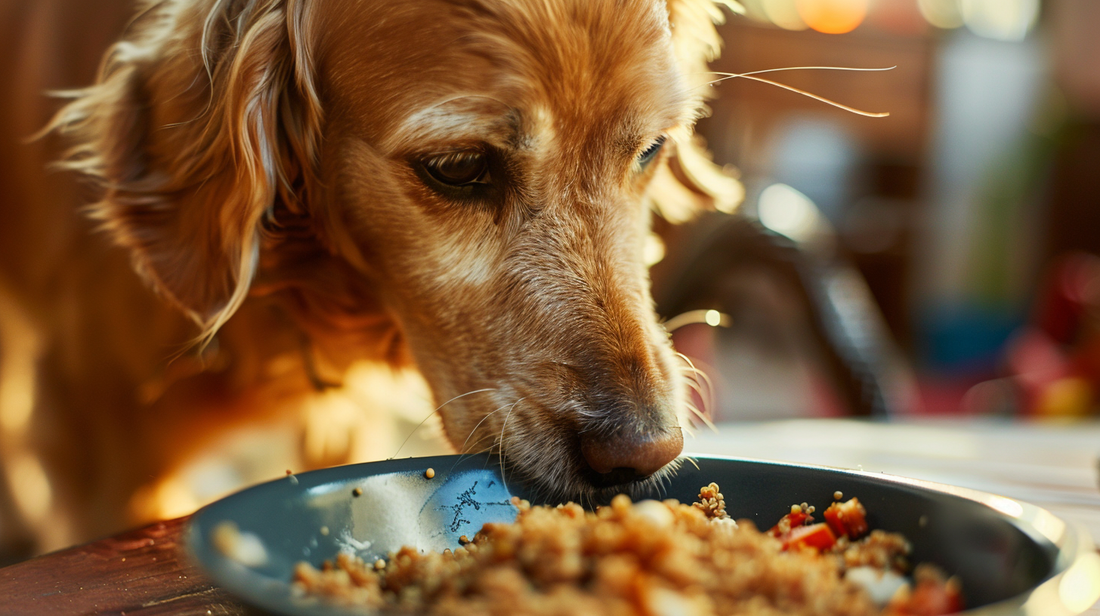
Can Dogs Eat Quinoa? A Comprehensive Guide for Dog Owners
Share
As dog owners seek healthier diet options for their furry friends, quinoa has come under the spotlight for its nutritional benefits. But is this ancient superfood a safe choice for dogs?
What Is Quinoa?
Quinoa is a gluten-free, whole grain that's considered a complete protein, containing all nine essential amino acids. It's rich in fiber, vitamins, and minerals, making it a healthy addition to any diet, including that of our canine companions.
Nutritional Benefits of Quinoa for Dogs
Quinoa offers several health benefits for dogs, including:
- Digestive Health: High in fiber, quinoa can aid in digestion.
- Protein-Rich: Provides essential proteins for muscle development.
- Rich in Vitamins and Minerals: Supports skin, coat, and immune system health.
"According to The American Veterinary Medical Association, quinoa can be a nutritious addition to your dog's diet, offering protein and essential amino acids vital for their health."
Potential Risks and Considerations
While quinoa is generally safe, there are considerations to keep in mind:
- Allergies: Some dogs may be allergic to quinoa. Introduce it slowly and monitor their reaction.
- Preparation: Quinoa should be well-cooked and served plain to avoid digestive issues.
"Research published by The Journal of Veterinary Science highlights the importance of monitoring for allergic reactions when introducing new foods like quinoa to your dog's diet."
How to Safely Introduce Quinoa into Your Dog's Diet
Introduce a small amount of cooked, plain quinoa into your dog's regular food, observing for any adverse reactions.
Alternatives to Quinoa for Dogs
For dogs that may not take well to quinoa or for those looking to vary their diet, consider these nutritious alternatives:
Pumpkin
- Nutritional Value: Rich in fiber, vitamins A, C, and E, and antioxidants.
- Feeding Recommendation: Offer small amounts of cooked, pureed pumpkin without added sugars or spices.
Read more: Why pumpkin is good for dogs
Blueberries
- Nutritional Value: High in antioxidants, vitamins C and K, and fiber.
- Feeding Recommendation: Serve as a low-calorie treat; ensure they are washed and given in moderation.
Read more: Can dogs eat blueberries?
Chicken Breast
- Nutritional Value: Lean protein source, important for muscle health and energy.
- Feeding Recommendation: Cook thoroughly without any added oils or seasonings; chop or shred to prevent choking.
Read more: Can Dogs Eat Chicken Breast? Comprehensive Guide for Healthy Dog Diets
Carrots
- Nutritional Value: Good source of fiber, vitamin A, and potassium.
- Feeding Recommendation: Offer raw or cooked carrots as a crunchy, nutritious snack; cut into bite-sized pieces to prevent choking.
Read more: From Vision to Dental Health: The Surprising Advantages of Carrots for Dogs
Salmon
- Nutritional Value: Rich in omega-3 fatty acids for healthy skin and coat.
- Feeding Recommendation: Cook thoroughly, ensuring it's boneless and served plain.
Read more: Can Dogs Eat Salmon | The Benefits and Cautions of Feeding Salmon to Your Dog
Consultation with a Veterinarian
Always consult with a veterinarian before introducing new foods into your dog's diet to ensure they align with their nutritional needs and health conditions.
Conclusion
Quinoa can be a beneficial addition to your dog's diet, offering various health perks. However, proper introduction and consideration of your dog's dietary needs are crucial. Alternatives like pumpkin, blueberries, chicken breast, carrots, and salmon also offer significant health benefits, providing a varied and balanced diet. Consulting with a veterinarian can help you make informed decisions about your dog's nutrition, ensuring they remain healthy and happy.
For more tips on dog nutrition and healthy treats, visit https://thewooffy.com/blogs/dog-nutrition

